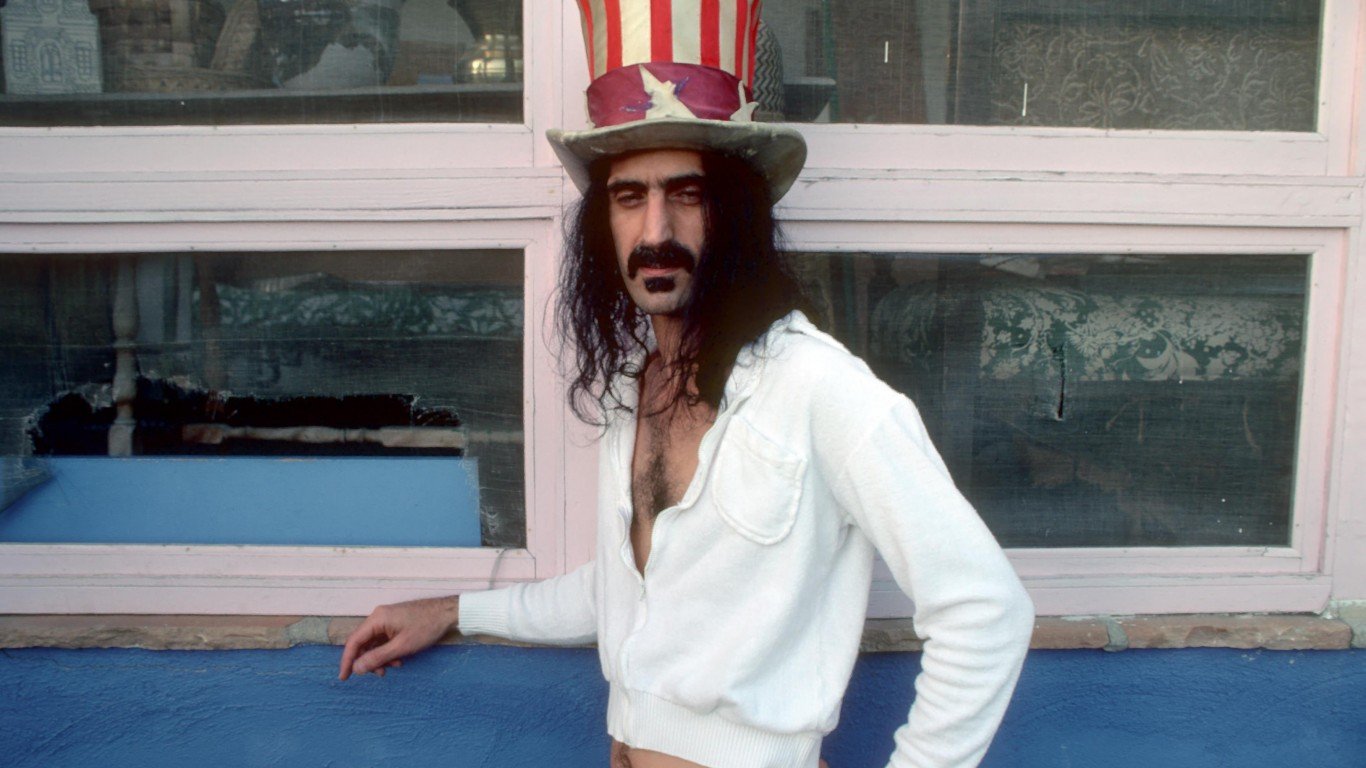

Some NFL stadiums will host fans for the 2020 season. Some won’t. Or, maybe none will host fans at all. The widened spread of COVID-19 has opened up the chance that indeed there will be no fans present. Even if the fans could come, some players have contracted COVID-19, and others have opted out of the season on their own.
College football already has had to deal with canceled seasons. Schools that rely heavily on football revenue will be shaken financially. At least the NFL has a ready TV audience. But ticket sales are not an insignificant part of team revenue. Those sales put over 17 million fans in seats last year.
The NFL is like the airline or movie theater industries. It is impossible to predict what will happen if COVID-19 spreads aggressively in the fall. Flights may be curtailed and canceled again. Movie theaters, which have just opened to limited audiences, face the possibility of shutdowns. And Hollywood faces the chance its films, many of which cost over $100 million to make, will not be released until next year.
On average, most stadiums are close to full over the course of the regular season. The league average is 96% of capacity. Some teams say that over 100% of their seats were full last year. If that is possible, the Dallas Cowboys led the league at 108%. The team with the worst figures was the Los Angeles Rams at 79%. Cowboys’ total attendance for 2019 was 1.289 million, which led the league that count. The Rams were at the bottom again, at 760,000.
The NFL should count itself as lucky if its stadiums are closed to fans. Only 8% of the average NFL’s profit margin comes from ticket sales. Stadiums are expensive to operate, but less so if there are no fans.
Over 17 million people may not be able to attend NFL games this season. The stadiums will be quiet. People will have to watch on TV, which is where the NFL makes almost all its money anyway.
Essential Tips for Investing: Sponsored
A financial advisor can help you understand the advantages and disadvantages of investment properties. Finding a qualified financial advisor doesn’t have to be hard. SmartAsset’s free tool matches you with up to three financial advisors who serve your area, and you can interview your advisor matches at no cost to decide which one is right for you. If you’re ready to find an advisor who can help you achieve your financial goals, get started now.
Investing in real estate can diversify your portfolio. But expanding your horizons may add additional costs. If you’re an investor looking to minimize expenses, consider checking out online brokerages. They often offer low investment fees, helping you maximize your profit.
Thank you for reading! Have some feedback for us?
Contact the 24/7 Wall St. editorial team.


